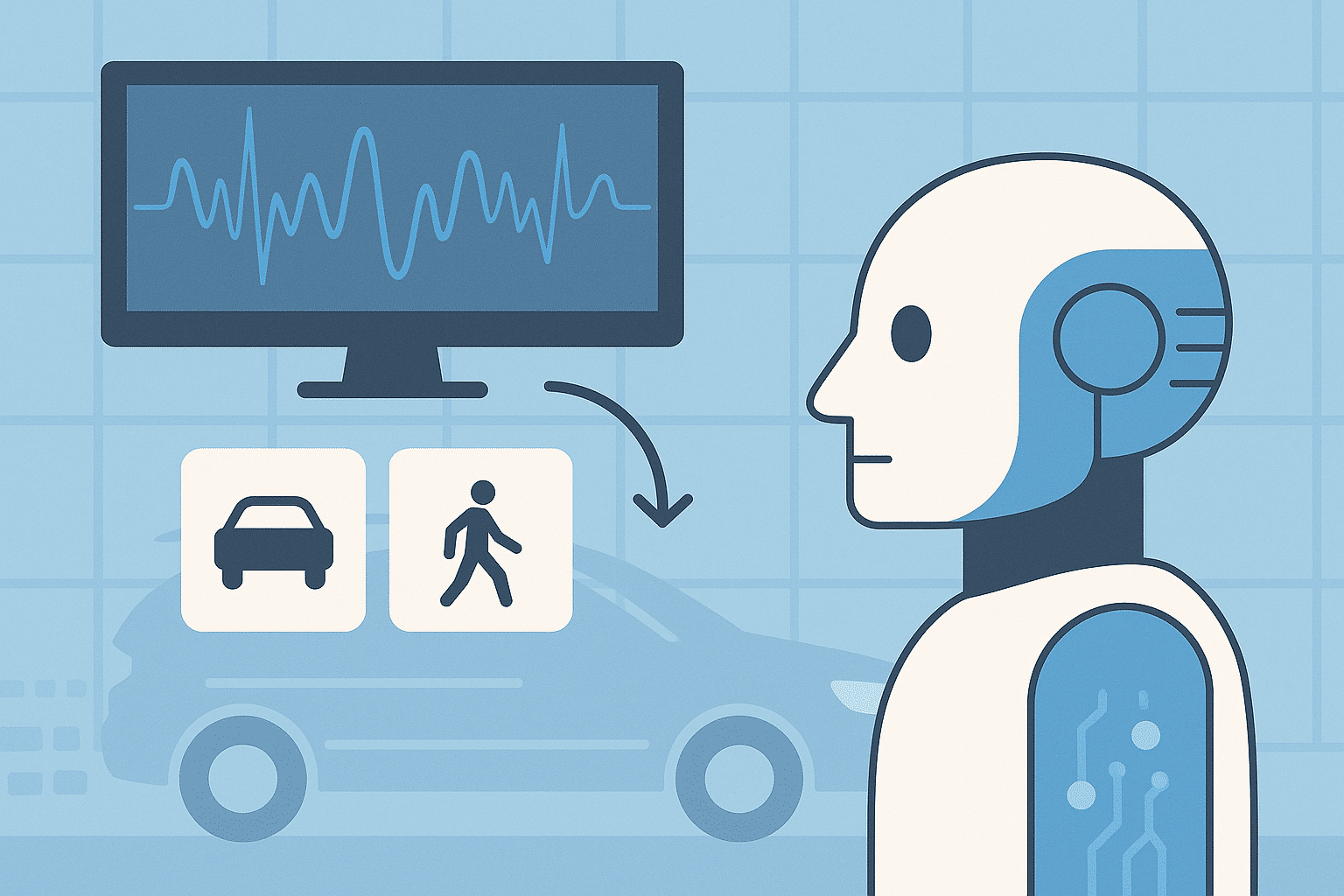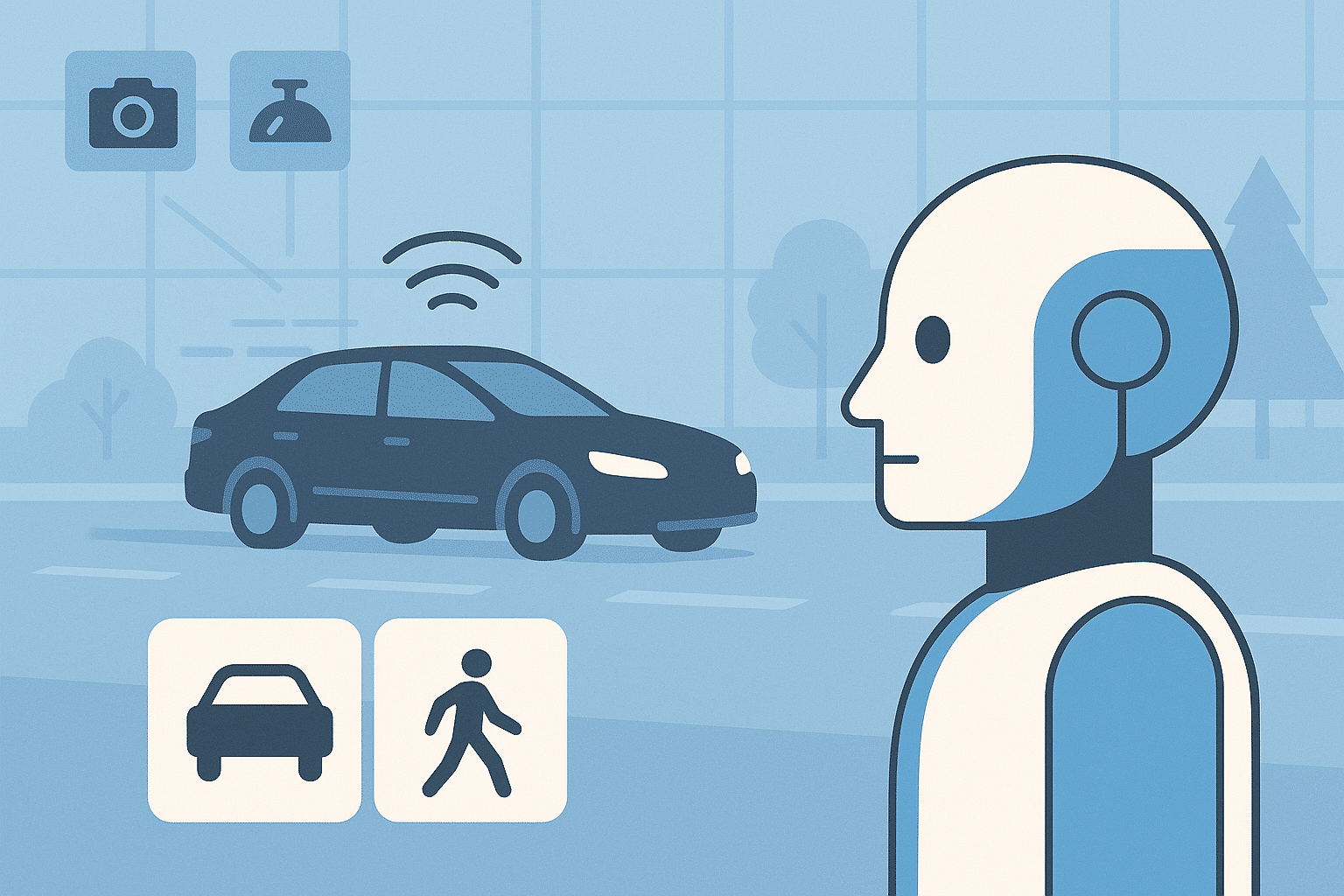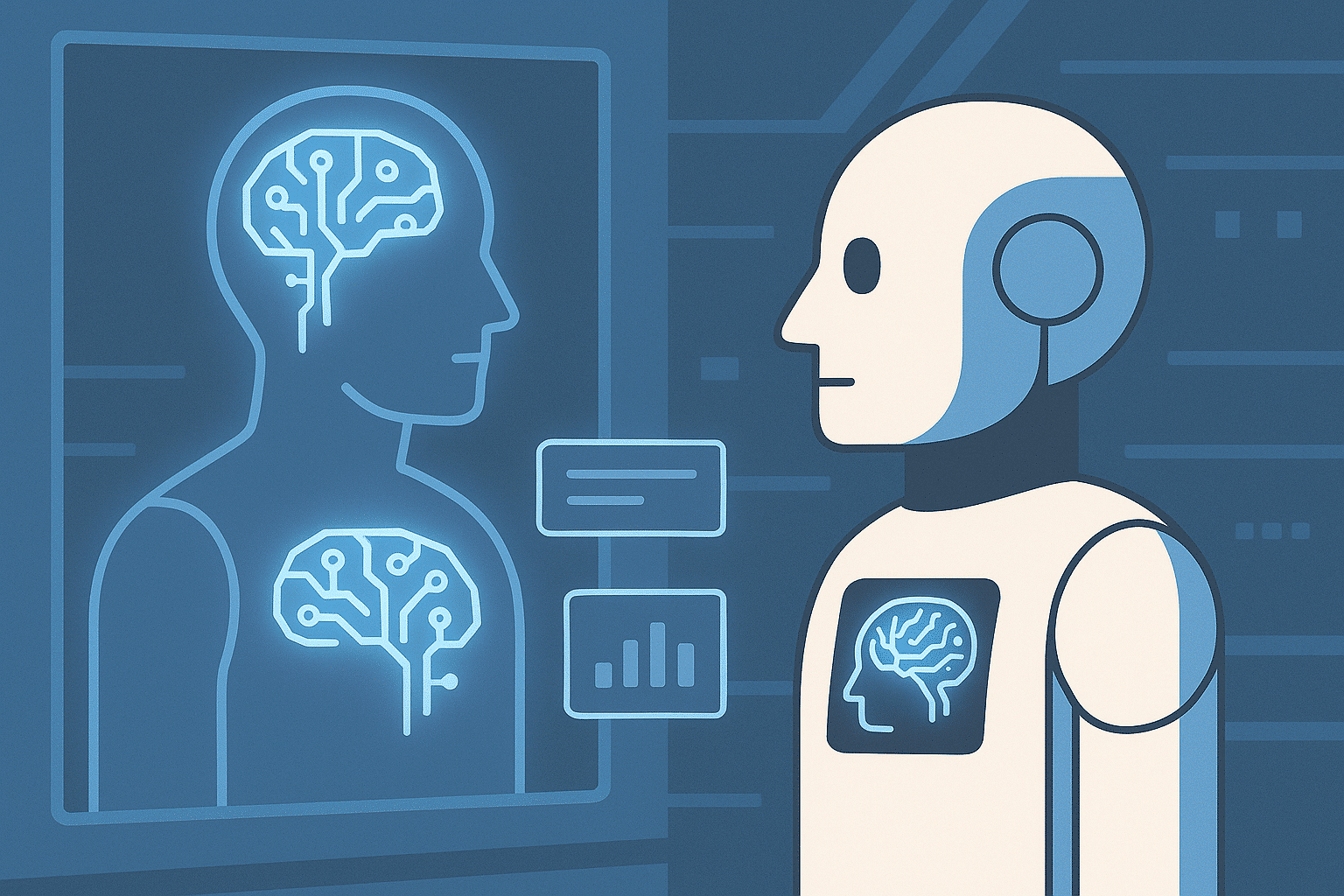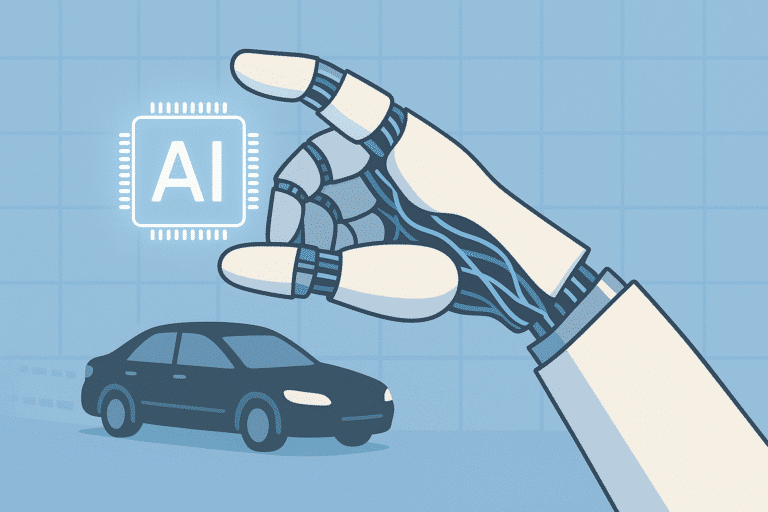Artificial intelligence is evolving rapidly, but are you truly familiar with its various forms? From reactive AI to self-aware AI, each type has unique characteristics that transform our daily lives. Discover here the 4 types of artificial intelligence, their concrete applications, and essential differences.
What is Artificial Intelligence (AI)?
Definition of artificial intelligence
Claude AI Computer Use is an innovative feature allowing AI to control a computer in a completely automated way. Thanks to this technology, Claude can perform actions such as moving the cursor, clicking on elements, entering text, navigating applications, and much more. Essentially, Claude can interact with your PC just like a human user would.
But there’s more! With Claude 3.5 Sonnet, an advanced model developed by Anthropic, Claude AI sets itself apart with its capability to solve complex problems while executing various tasks. It can thus automate repetitive tasks and enhance productivity in fields like software development, file management, and event planning.
In this new era of artificial intelligence, Claude AI opens up new perspectives for professionals and users seeking efficient solutions to automate their computing environment.
Comment fonctionne l'IA ?
To comprehend how AI functions, it’s essential to first understand its primary mechanisms. AI relies on algorithms capable of processing data, learning from it, and making decisions. It is underpinned by four critical steps: data collection and preprocessing, algorithmic modeling, machine learning, and inference. These steps enable it to adapt, improve, and offer increasingly pertinent responses.
Pourquoi l'IA est-elle essentielle aujourd'hui ?
Artificial intelligence has become an indispensable tool in our daily lives and in the professional realm. It optimizes processes, automates repetitive tasks, and facilitates more informed decision-making. Whether in healthcare, finance, industry, or entertainment, AI enhances efficiency, reduces costs, and opens new opportunities.
The 4 types of Artificial Intelligence
Type 1: Reactive AI (Reactive Machine)

Reactive AI is the simplest form of artificial intelligence. It lacks memory and cannot use past experiences to alter its decisions. It merely reacts to the stimuli it currently receives. You might encounter it in video games or straightforward recommendation systems.
Type 2: Limited Memory AI

Limited memory AI can learn from its recent experiences to inform future decisions. It is found in autonomous vehicles using sensor data to adjust driving or in chatbots adapting their responses based on interactions.
Type 3: Theory of Mind AI

Theory of Mind AI can understand emotions, intentions, and beliefs of others. It remains largely theoretical today but represents a significant advancement for automated social interactions with social robots capable of addressing human emotions and personalized educational systems.
Type 4: Self-aware AI

Self-aware AI is a theoretical form of AI capable of self-awareness. It can comprehend its own mental states and act accordingly. This AI does not yet exist but raises significant ethical considerations.
Comparison of the 4 types of artificial intelligence
| AI Type | Memory | Learning Ability | Emotional Understanding | Development Level |
|---|---|---|---|---|
| Reactive AI | No | No | No | Currently in use |
| Limited Memory AI | Yes | Yes | No | Currently in use |
| Theory of Mind AI | Yes | Yes | Yes | Under research |
| Self-aware AI | Yes | Yes | Yes (with self-awareness) | Hypothetical |
Applications of the 4 types of AI in everyday life and business
Artificial intelligence is increasingly integrated into our daily lives and transforms professional practices. Here’s how each type of AI finds its place in various fields:
Reactive AI in customer service
You’ve likely encountered it without even realizing it. Reactive AIs respond to simple questions without retaining memory of previous interactions. Online chatbots or automated assistants are classic examples.
Limited Memory AI in mobile applications
You might use it daily. Whether it’s for personalized content recommendations or voice recognition, limited memory AIs tailor their behavior based on your recent interactions.
Theory of Mind AI in human interactions
Imagine an AI capable of understanding your emotions and intentions. Although still in development, this technology could revolutionize social interactions and learning environments.
Self-aware AI in advanced research
It is the most ambitious yet still a hypothetical form of AI. A self-aware AI could formulate research strategies, adapt to the most complex contexts, and even comprehend its own existence.
Conclusion
Artificial intelligence is not confined to a single form. By understanding the 4 types of artificial intelligence, you can better appreciate their potential, limitations, and applications in our daily lives. Whether it’s optimizing customer services, personalizing mobile apps, enhancing human interactions, or exploring new research horizons, each type of AI has a significant role. By mastering these concepts, you are prepared to navigate a world where AI becomes an essential ally.










